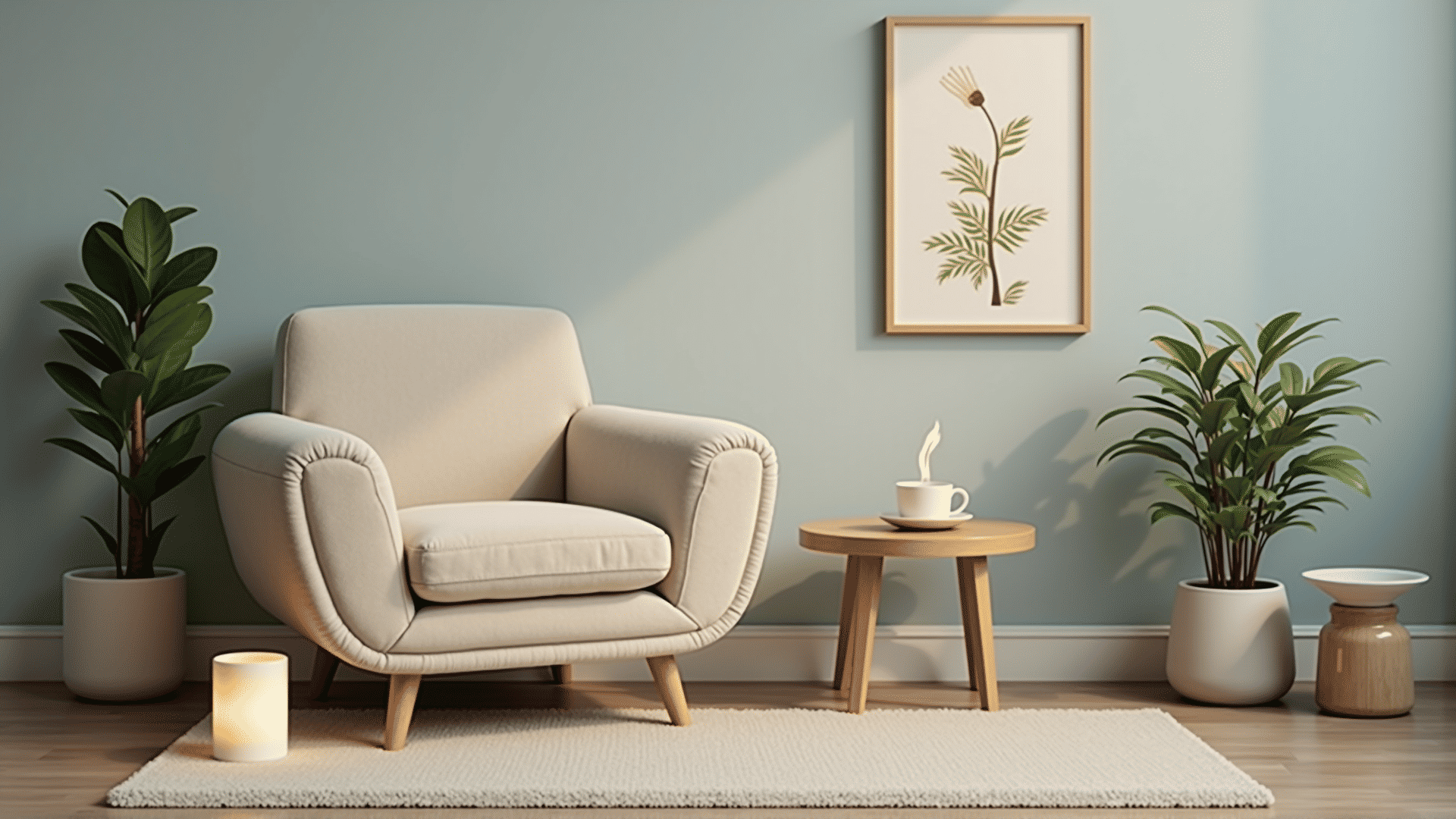In today's fast-paced world, finding moments of peace can be a challenge. However, incorporating relaxation techniques into daily life can greatly enhance mental well-being. These methods not only provide relief from life's constant pressures but also cultivate a deeper sense of calm and contentment.
Mindfulness Meditation
One of the most effective ways to unwind is through mindfulness meditation. By focusing on the present moment and acknowledging thoughts without judgment, individuals can reduce stress and boost emotional resilience. Start with short sessions and gradually increase the duration as comfort with the practice grows. A quiet space and a comfortable seat are all that are needed to get started.
Deep Breathing Exercises
Deep breathing is a simple yet powerful technique to calm the mind. Practicing deep and slow inhalations and exhalations helps to lower heart rate and relax muscles, creating an immediate sense of tranquility. Techniques such as diaphragmatic breathing or the 4-7-8 method can be practiced anywhere and at any time, making them accessible tools for stress relief.
Progressive Muscle Relaxation
Progressive muscle relaxation involves tensing and then slowly relaxing each muscle group in the body. This helps raise awareness of physical tension and promotes relaxation. Begin with the toes and work upwards, or start at the head and work downwards. This technique not only soothes stress but also enhances body awareness.
Visualization and Guided Imagery
Harness the power of imagination through visualization techniques. By envisioning calming scenes or pleasant experiences, individuals can mentally escape stressor-laden environments. Guided imagery often includes narrations with soothing sounds or music, leading the mind away from tension and into a realm of peace and contentment.
Yoga and Tai Chi
These ancient practices combine physical movement, breathing techniques, and meditative focus. Regular practice not only improves flexibility and balance but also fosters mental clarity and emotional equilibrium. Even short daily sessions can leave individuals feeling revitalized and centered.
Journaling
Expressive writing can be an excellent form of relaxation. Journaling thoughts, feelings, and experiences helps to process emotions more effectively and gain clarity. It acts as a personal outlet, providing space to identify and address any underlying stressors.
Nature Walks
Spending time in nature has been shown to reduce stress and improve mood. A simple walk in a park or natural setting can help disconnect from daily demands and reconnect with nature’s serene beauty. Observing the natural world encourages mindfulness and relaxation.
Listening to Music
Music has a profound impact on emotions. Choosing soothing or uplifting pieces can shift moods and bring about a sense of peace. Whether it's classical, jazz, or even nature sounds, music has the ability to transport the mind away from stress and into a calming domain.
Incorporating these relaxation techniques into daily routines can transform the way stress is managed. By prioritizing self-care and mental health, individuals can cultivate a life filled with greater balance and fulfillment. Over time, these practices will not only ease stress but also promote a lasting sense of inner peace.
